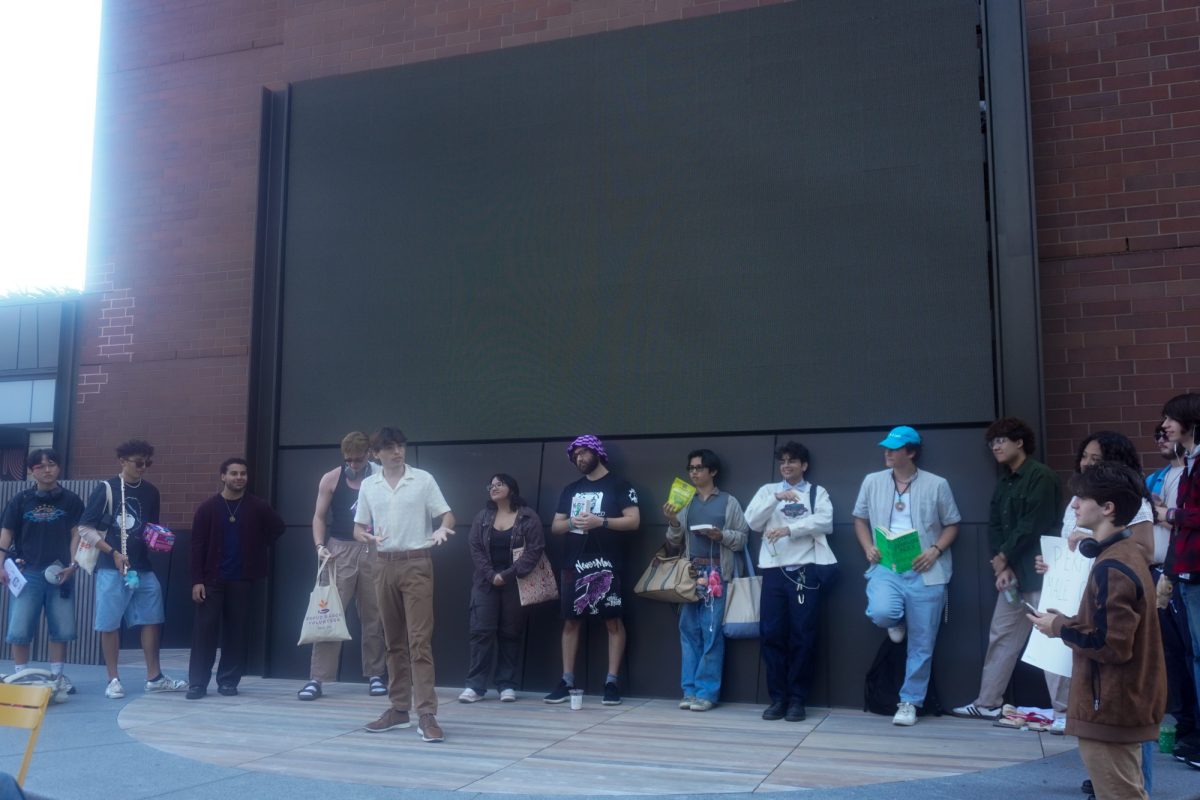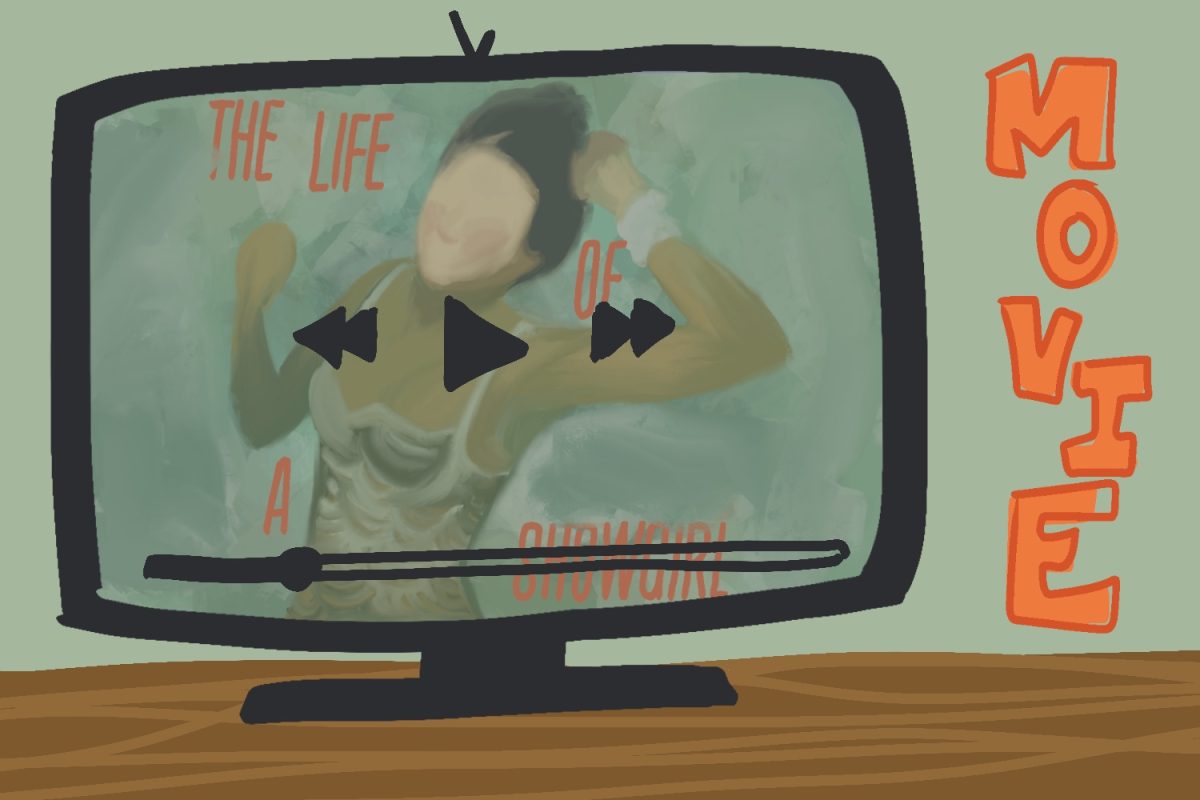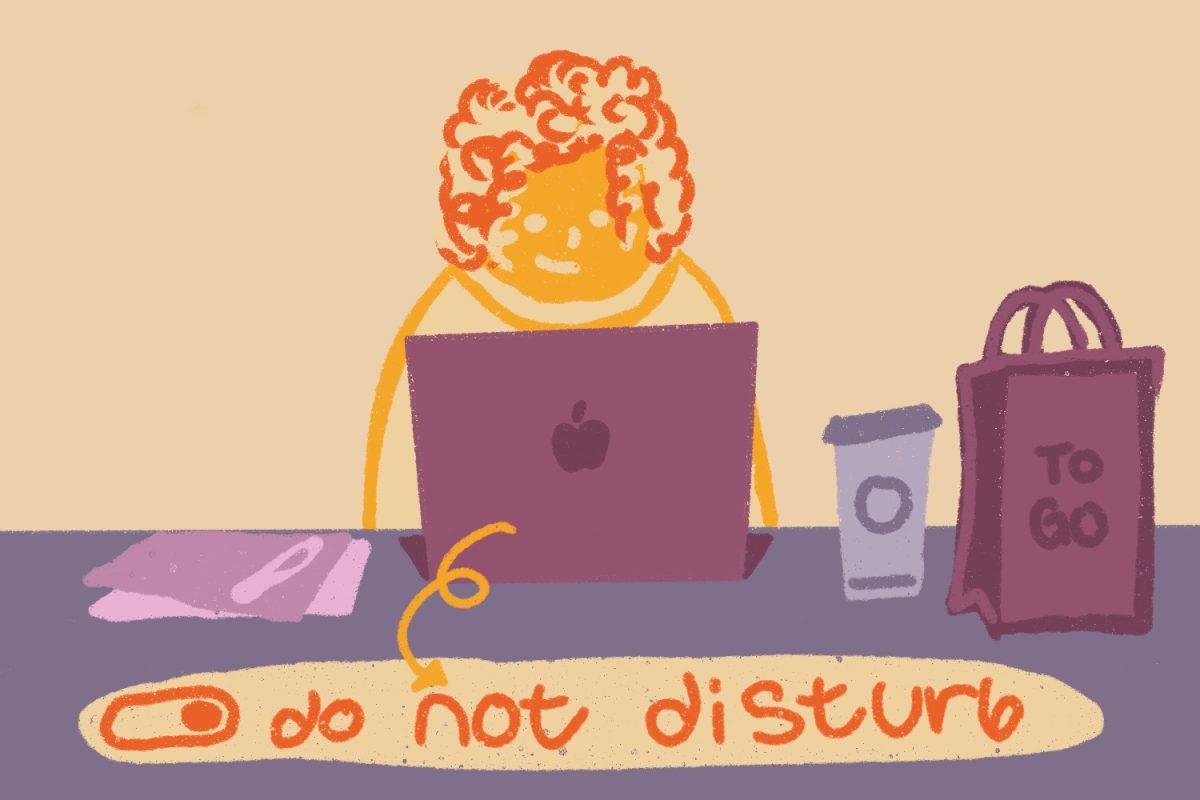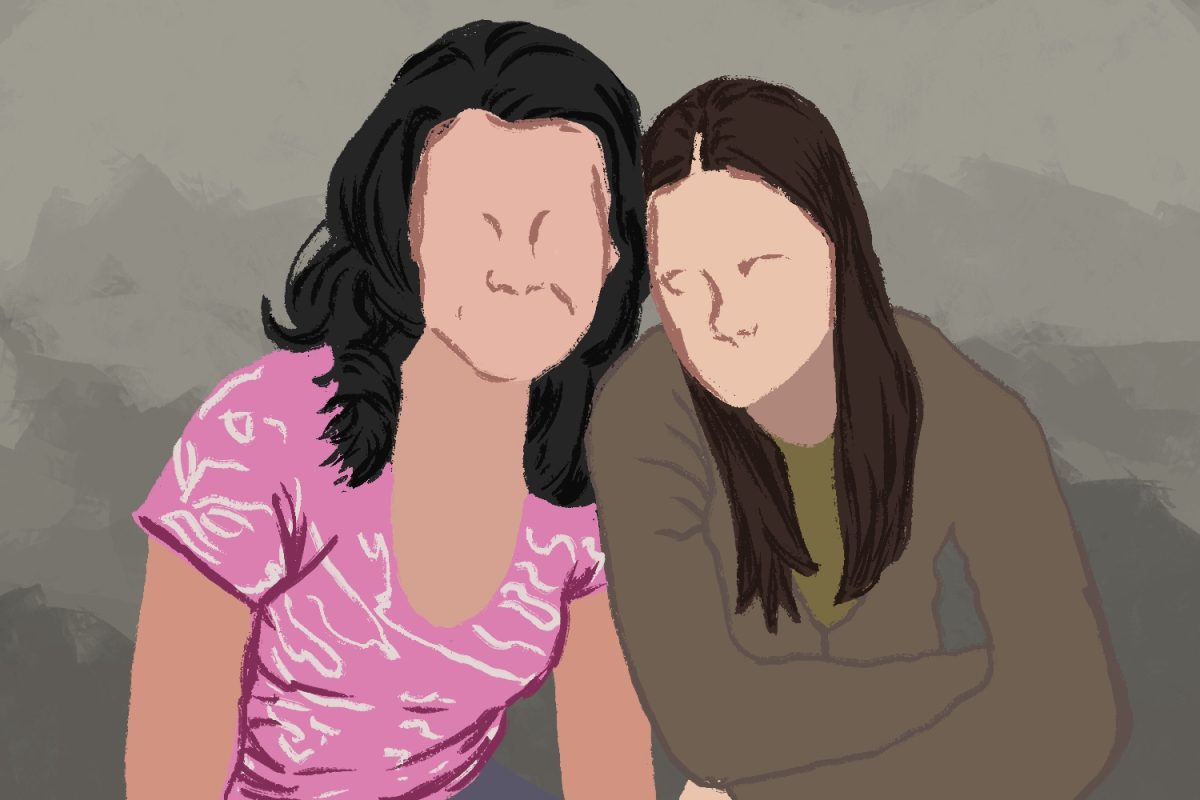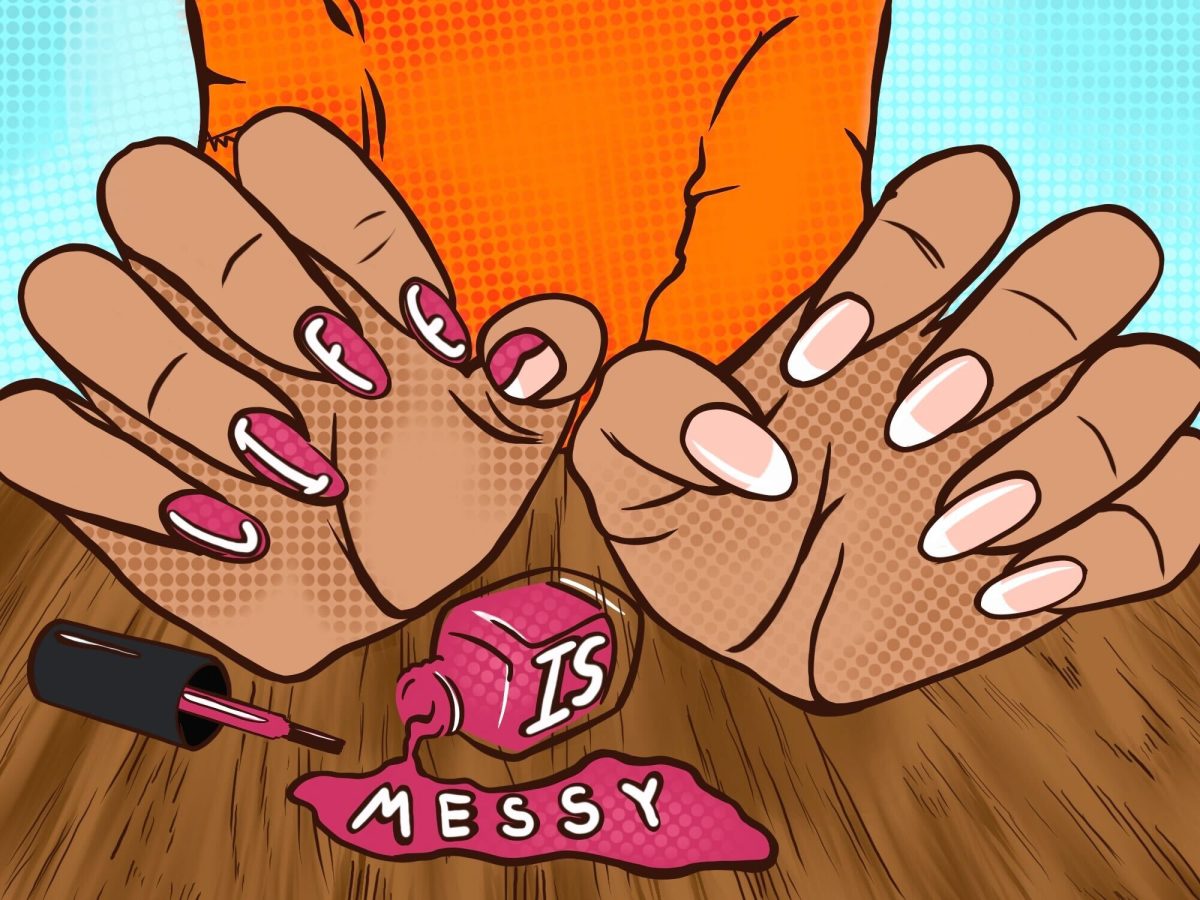We’ve all heard the classic celebrity sob story about sitting alone at lunch because of bullies and a lack of friends.
It’s the ultimate victim-complex statement — but, indeed, a clever tactic. Fans will obviously sympathize with their idol and marvel at how they overcame hardship on the way to stardom.
Take Taylor Swift, for example. In a CMT interview, a young Swift recalled her middle school friends lying about not being able to go to the mall, only for her to see them all together without her.
Stories like these make celebrities more relatable but also reinforce a culture that associates solitude with suffering.
One of the first rules our kindergarten teachers instilled in us was to practice kindness by sitting next to the kid at lunch who was eating by themselves. While this is an inherently righteous rule to teach young children, it also sets up a framework where aloneness is something that needs fixing.
The problem isn’t the kind gesture itself, but rather the reasoning behind it.
Put simply, society has long carried the assumption that someone sitting by themselves is lonely or has no friends. Without a doubt, being alone is always framed with a negative connotation.
In movies and TV shows, the audience pities the so-called nerds or losers who get bullied in school and eat lunch in the bathroom stall, as depicted in the famous “Mean Girls” scene of Cady Heron. To take it a step further, we’ve been led to believe that we should feel bad for someone who isn’t married or doesn’t have kids.
The social implication of being alone in public has been so drilled into us from grade school on that it seeps into the cracks of our minds when we begin college.
And colleges don’t exactly challenge that narrative. Brochures and campus tours sell a nonstop social scene: endless clubs and events, packed dining halls and study groups that double as friend groups. The unspoken message is clear — if you’re not constantly with people, you’re doing college “wrong.”
But the question remains: Do people actually not want to be alone, or do they not want to be seen alone?
The reality is this culture pressures students to associate visibility with their own value. Whether it be going to the gym with a friend or just simply walking to class with a roommate, there is a lingering pressure to be in constant unison.
Is it so bad to partake in the above without company? The answer is no.
Too many of us place a large emphasis on how we’re perceived and chase external validation.
At the end of the day, if you choose to view college as a social scene, you will obviously feed into that thought. The truth is, everyone is so consumed with their own lives that they don’t care about what others are wearing or who they’re with — or not with.
In fact, sometimes we should be alone.
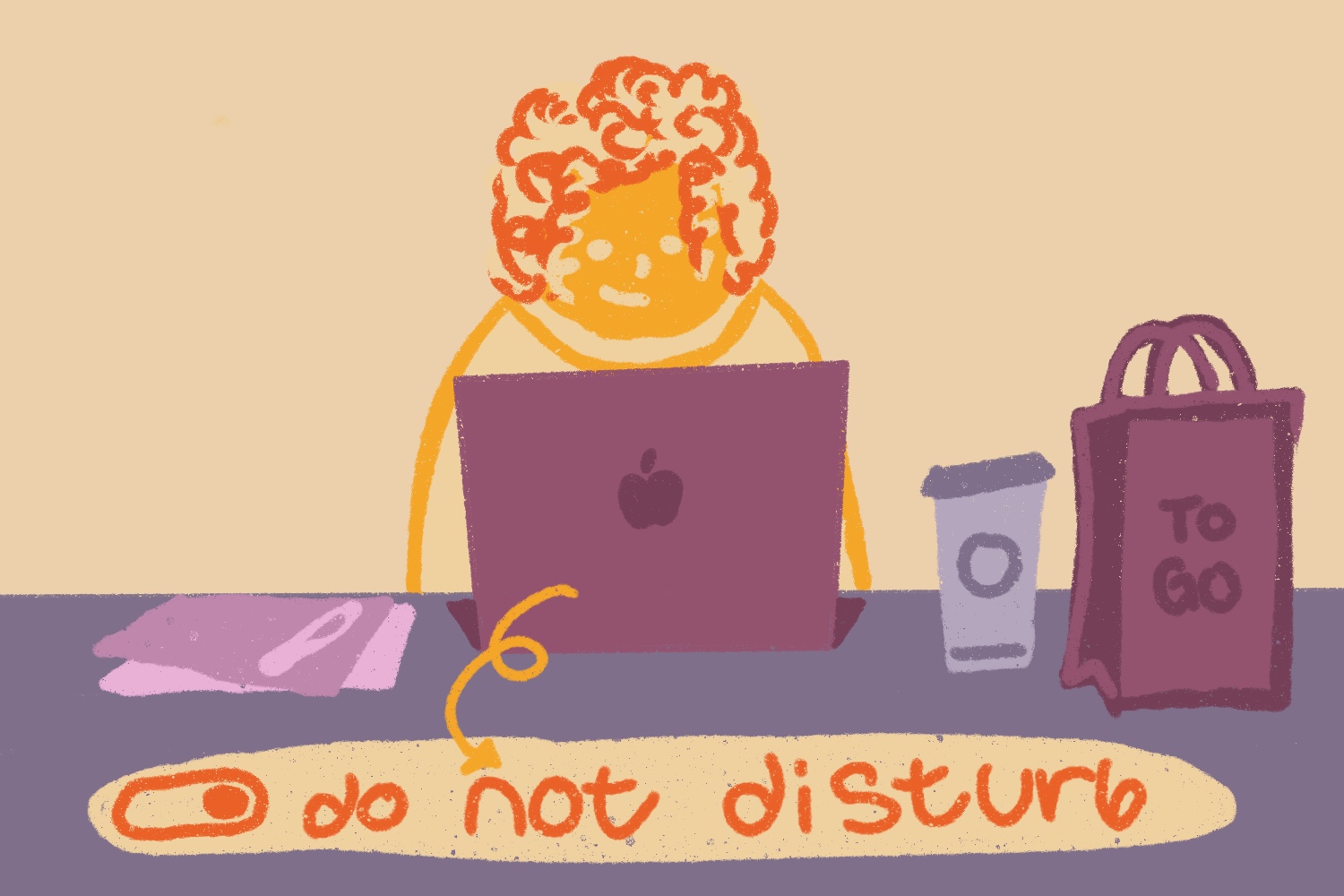
We need to stop treating being by ourselves as something shameful. Choosing independence in a culture that thrives on comparison is a form of quiet resistance. People shouldn’t always feel obligated to ask others to do everything with them, and it shouldn’t be seen as embarrassing to do things on your own.
Once you learn to prioritize your own validation, being alone becomes not just acceptable, but powerful.
Living in an environment where others surround you 24/7, it is important for college kids to find moments of solitude in the little things within their daily lives.
To name one, eating lunch without the constant buzz of conversation is refreshing. You actually taste your food, catch up on your own thoughts and reset before the next commitment on your schedule.
There comes a kind of strength in enjoying your own company. You’re not missing out on something by taking time for yourself — but rather allowing yourself a safe space to breathe amidst all the busyness and chaos of college.
Learning how to put yourself first is not selfish — it is necessary. The true skill lies in finding a healthy balance between independence and socialization in order for both sides to be appreciated to the fullest.
To be quite frank, sometimes I want to sit alone — not because I’m lonely or feel left out, but because I crave the peace of my own company.
So maybe sitting alone at lunch isn’t a sob story after all — it’s a sign of independence and peace.


